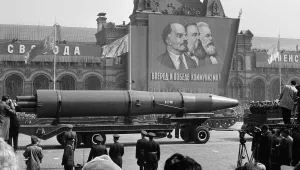International Security is America's leading peer-reviewed journal of security affairs.
Summary
The basic insight of the “veto players” literature from comparative politics—the more veto players, the more policy rigidity—has been nearly absent from the study of nuclear proliferation. Yet, when states need mutual agreement among a large number of veto players, this greatly lengthens the odds against radical nuclear policy change. The veto players perspective helps to explain the historical resilience of Japan’s fifty-year pursuit of a complete nuclear fuel cycle for exclusively peaceful purposes. Although a long line of Japan observers have focused on statements by Japanese politicians suggesting the possibility of redirecting some of the country’s large nuclear estate toward military ends, Japan’s traditional nuclear policy has in fact become increasingly entrenched over the years, given the rising number of institutionalized veto players in its nuclear policymaking arena. This point is relevant not only to the long-standing question of whether Japan will acquire nuclear weapons, but also to the post-Fukushima disaster question of whether Japan will exit the nuclear field entirely.
Hymans, Jacques E.C.. “Veto Players, Nuclear Energy, and Nonproliferation: Domestic Institutional Barriers to a Japanese Bomb.” Fall 2011



